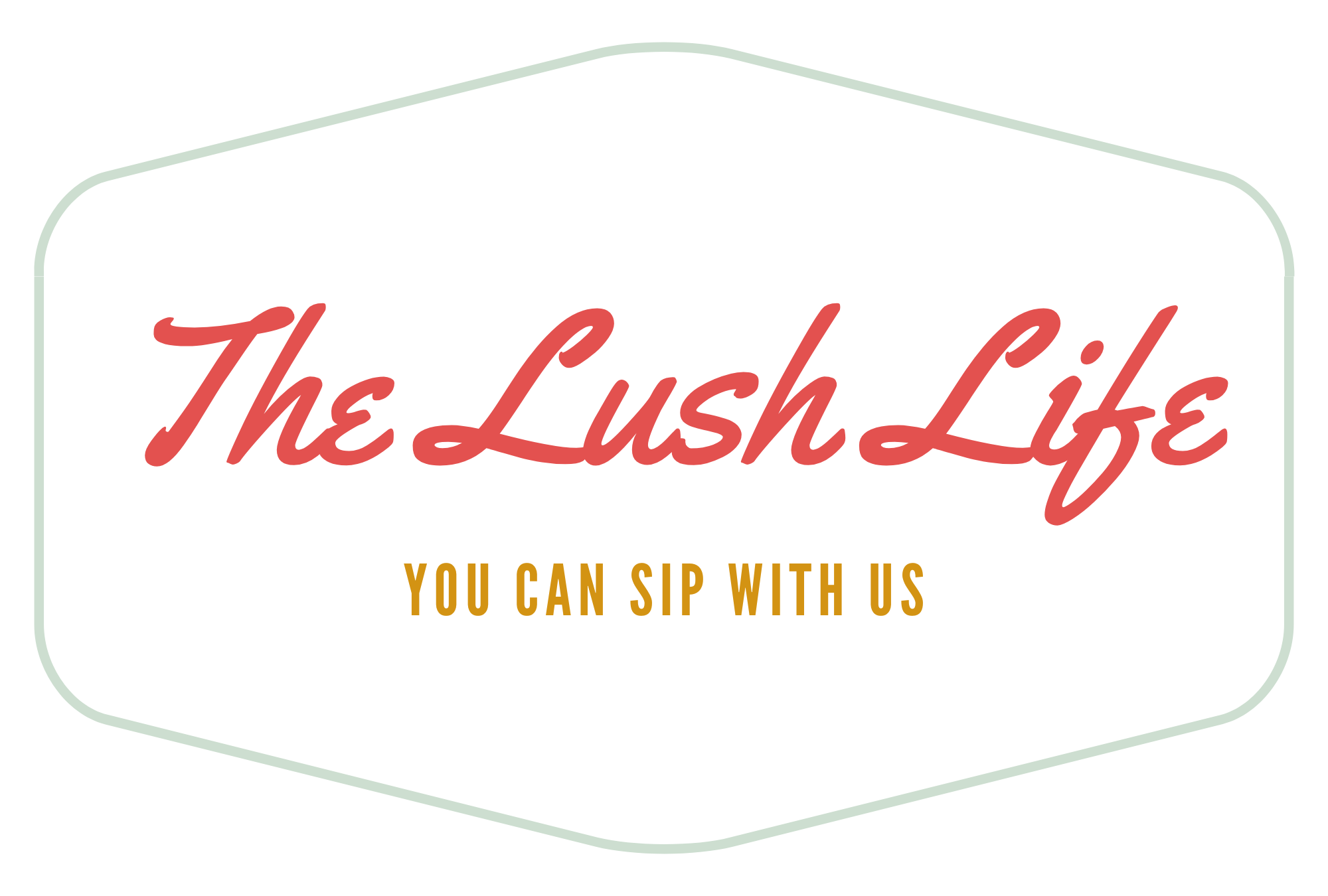3 Reasons Not to Fear Screw Cap Wines
There is so much confusion out there about wine packaging… specifically, whether wines closed with corks are better than screw cap wines. As a professional sommelier and wine educator, I’ll let you in on a little secret: this topic isn’t debated in the industry too often! But, I know it’s still a big question for wine drinkers, because every time I teach a wine class or lead a tasting, without fail someone always asks the same question:
"What's the deal with screw caps?" they say, their eyes full of fear and trepidation, expecting me to immediately tell them they're doing it all wrong...
And this is what I tell everyone: I LOVE THEM.
Why, you ask? Because they're a great system for preserving wine! Wine has existed for at least 8,000 years--- and as technology has advanced just a little bit since then, it's only natural that innovation would come into the wine world. Of course there is a lot of ceremony to pulling a cork out of a bottle and the romance of the cork is never going to be totally supplanted by any other closure types- but screw caps (also called Stelvin Caps) are an excellent closure type for many wines.
Here are the 3 big reasons why screw cap wine closures are actually a good thing:
#1: Screw Caps Eliminate The Risk Of 'Cork Taint'
Wine sealed with natural cork runs the risk of a nasty little problem called 'cork taint' (when your somm says the wine is 'corked', that's what she's referring to.) Natural corks can be infected with a bacteria called TCA (clinical name: 2,4,6-trichloroanisole), and when that cork goes into the bottle, the bacteria instantly spreads into the wine and contaminates it.
TCA is not harmful if consumed--- but it will make your wine taste like wet cardboard or somebody's moldy basement. Which is, of course, no bueno! Nobody really knows precisely what the risk factor for TCA is with natural corks, but most studies estimate 3%-8% (which is 3%-8% too much for me!)
In contrast, screw cap wines run an extremely low risk of being corked (it’s theoretically possible for TCA to be present in the wine bottling area and get into the wine, but that’s almost unheard of). So, that's the reason this closure type was adopted by winemakers... NOT because it's cheaper and screw cap wines are cheap/low quality (a common misconception). The quality of the wine is not indicated by the closure type, but the truth is that screw cap wines preserve the integrity of the wine better.
#2: Screw Cap Wines Are Better For The Environment
Screw caps use less material, making them much lighter to ship (therefore creating a lower carbon footprint) and they eliminate the need for a separate foil over the neck of the bottle. Using a very light piece of recyclable aluminum to seal the bottle also helps preserve the world's cork resources: cork trees don't produce the material for corks until they are 25 years old, and you can only harvest them once every 9 years. Synthetic corks- the ones made from rubber or plastic- are even less green.
#3: Screw Cap Wines Are Easier to Open, Store, and Transport
Who doesn't love the ease of a screw cap? They are perfect for picnics and outings where you don't want to lug around a corkscrew (or, on vacation when your wine opener got confiscated by airport security... not that it's ever happened to me, ahem....). Plus you can enjoy a glass or two at home solo and it's a snap to twist the cap back on on pop it back in the fridge until next time.
It's a pretty common belief that with fine wines that need to age, natural corks are preferred. They are porous and allow a little oxygen to come into the bottle to help develop the wine. Many winemakers who are producing high-end wines meant to age for a long time still aren't sold on the screw cap technology. It's probably too soon to tell how wines under screw cap can age- because the technology is relatively new and still being refined. There are studies ongoing, so we'll see. But for young, fresh wines- ie, the ones you and I are probably drinking 99% of the time- screw caps can't be beat.





